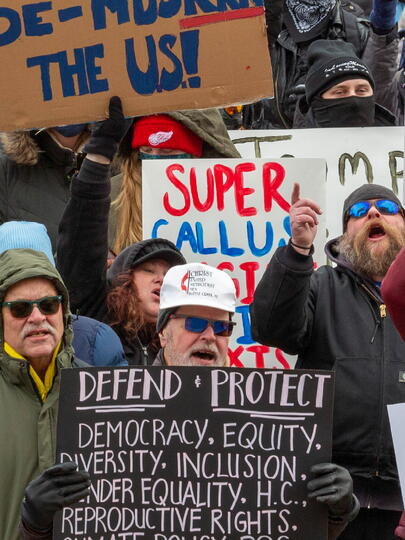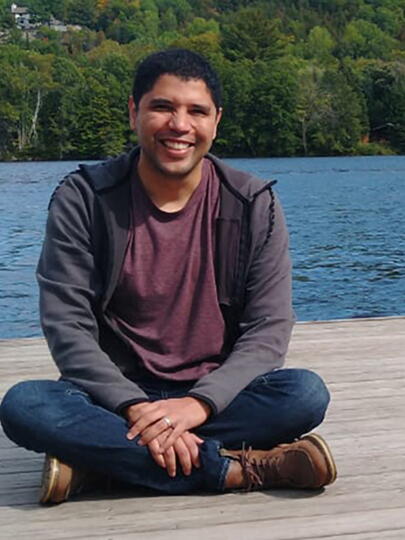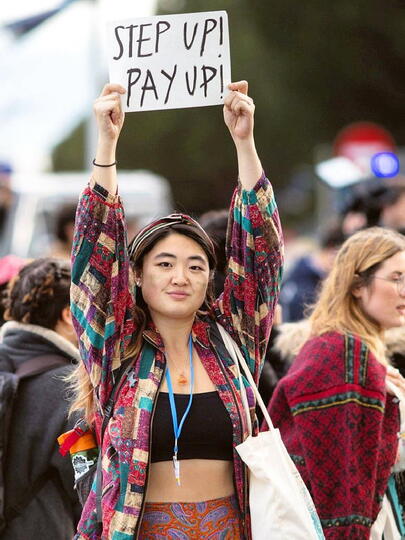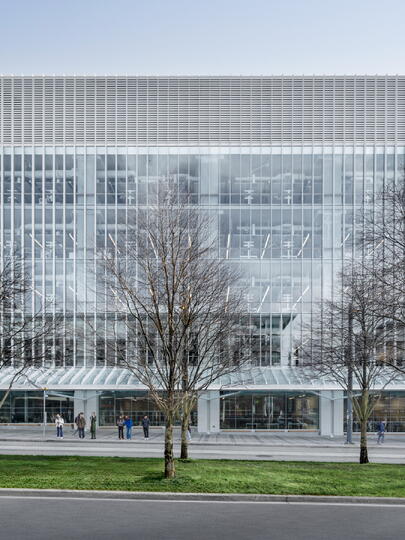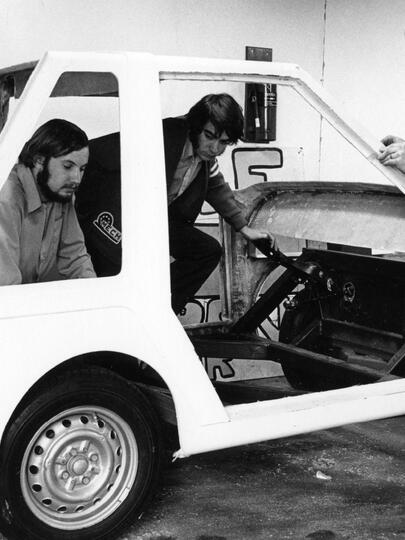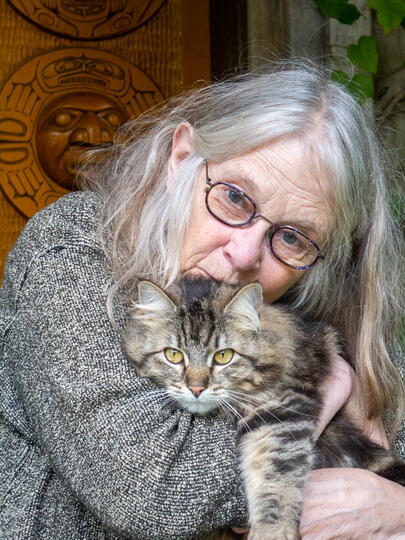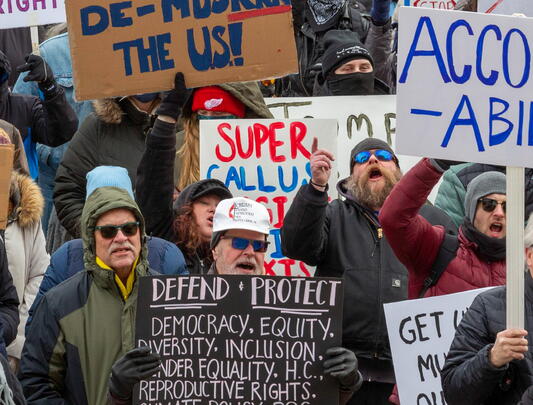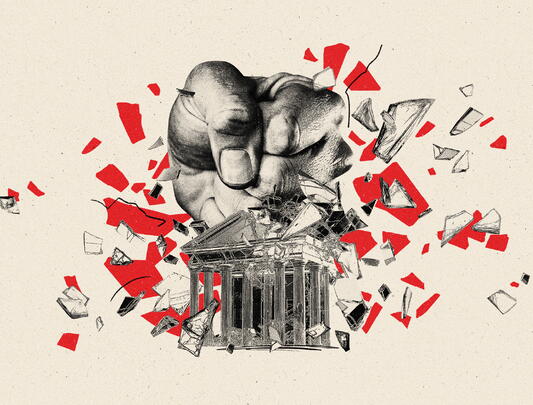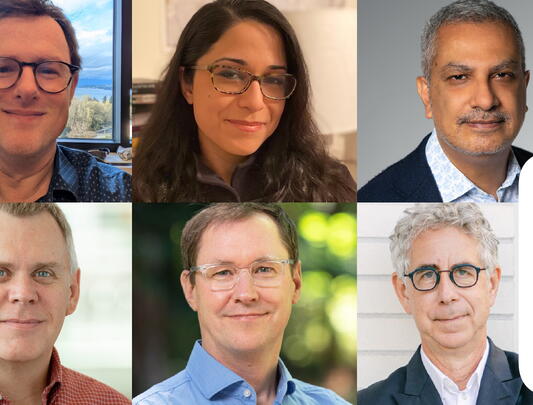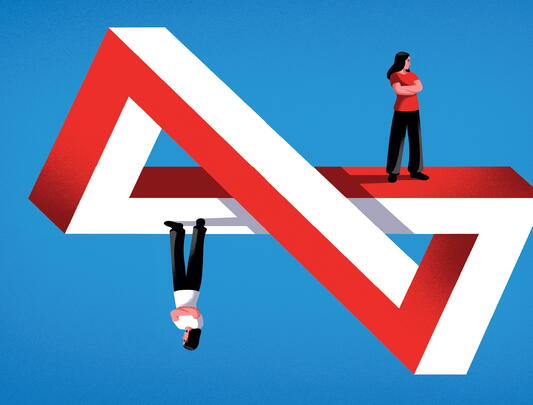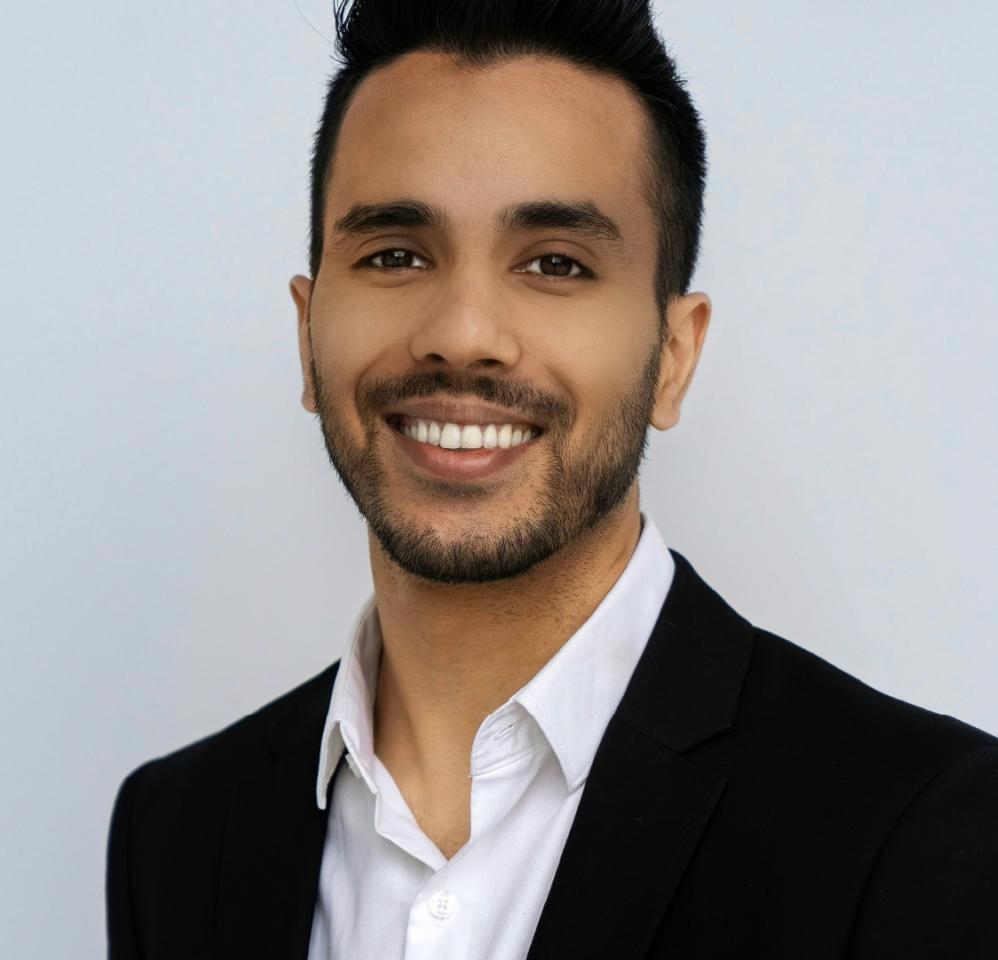
Changemakers
What to do in an emergency
When the first wave of COVID-19 hit New York City with force, recent arrival Kartik Suri stayed put and helped out.
Dr. Kartik Suri recalls a time when the novel coronavirus now known as COVID-19 seemed a distant concern. In February 2020, he was a recent UBC dental school grad in a residency program in New York City. Reports about the virus caused some worried murmurs among Suri and his peers, but there was no sense of urgency.
Less than a month later, the virus that began for most North Americans as a topic of conversation turned with devastating quickness into a crisis. New York was hit hardest. “It hit us very suddenly,” says Suri. “It was a matter of days.”
Everything turned on a dime. For the past few months, Suri had been helping to provide dental care in an underserved area of the Bronx, but the dental clinic was promptly shut down, and dental residents willing to stay in NYC were relocated to St. Barnabas Hospital, where COVID patients were beginning to overwhelm medical personnel and basic medical equipment.
By mid-April, the city’s hospitals were dealing with 13,000 hospitalizations and nearly 1000 deaths daily. Instead of providing dental care, Suri found himself working with the internal medicine team managing floors in the hospital, checking vitals, and administering medications as patients flooded the wards. Often, he was responsible for 40 to 50 COVID patients at one time.
There was intense stress and trauma for frontline workers in the city. Suri remembers a palpable sense of fear, as doctors and nurses were worried for their own lives as well as for the health of their patients. Suri saw people die in front of his eyes, something he wasn’t used to in dentistry. The virus’s long-term effects were unknown, and the environment of the hospital was frightening, filled with sickness and a feeling of heaviness.
But Suri stayed in NYC because he believes a sense of moral responsibility should inform his work. He returned to Vancouver last summer, after the end of New York’s first wave. Looking back, he remembers moments of peace amidst the chaos – walks through the city with colleagues and the sound of New Yorkers drumming on pots and pans for healthcare workers returning home for the day. Ultimately Suri values this memory of mutual support most of all, and the deep sense of community he felt in the face of a global crisis.
